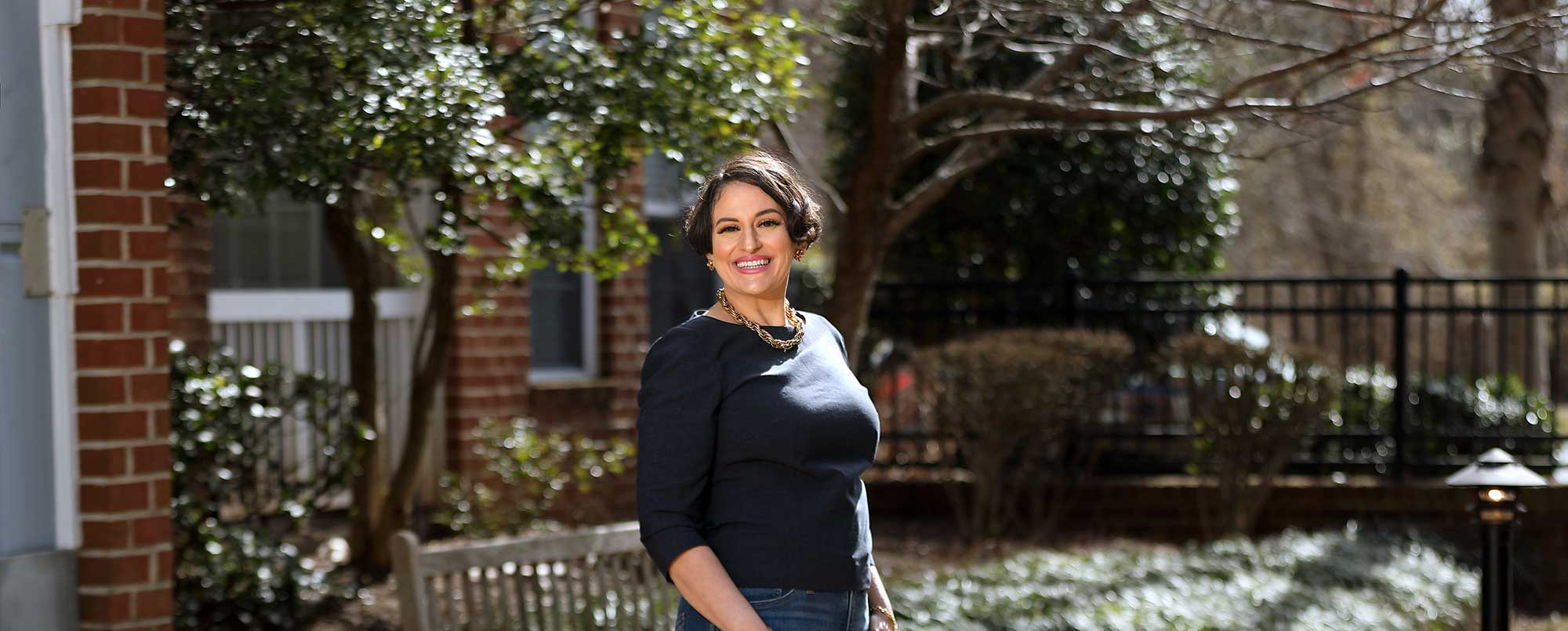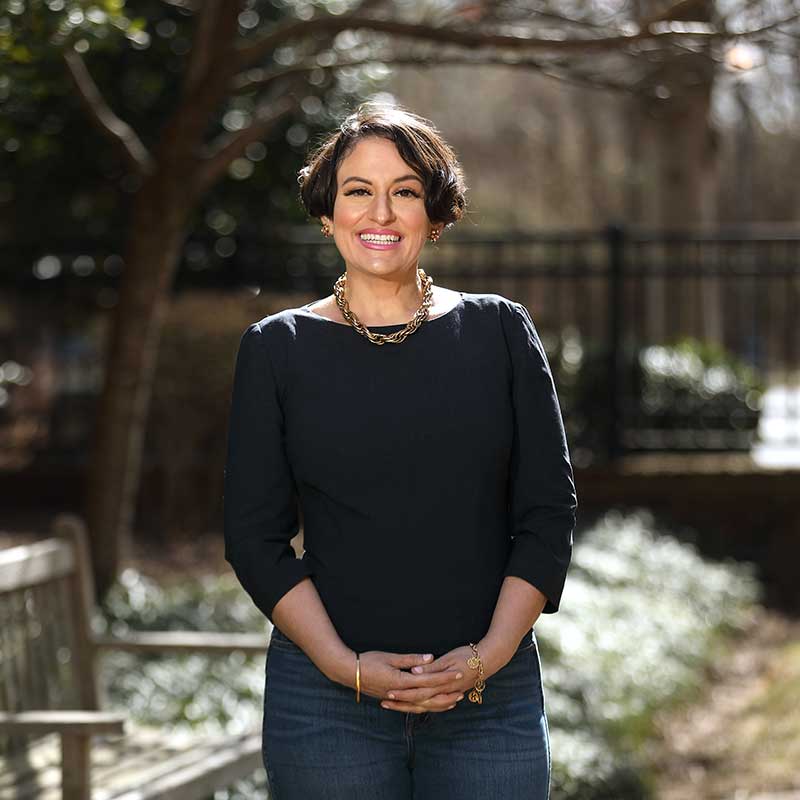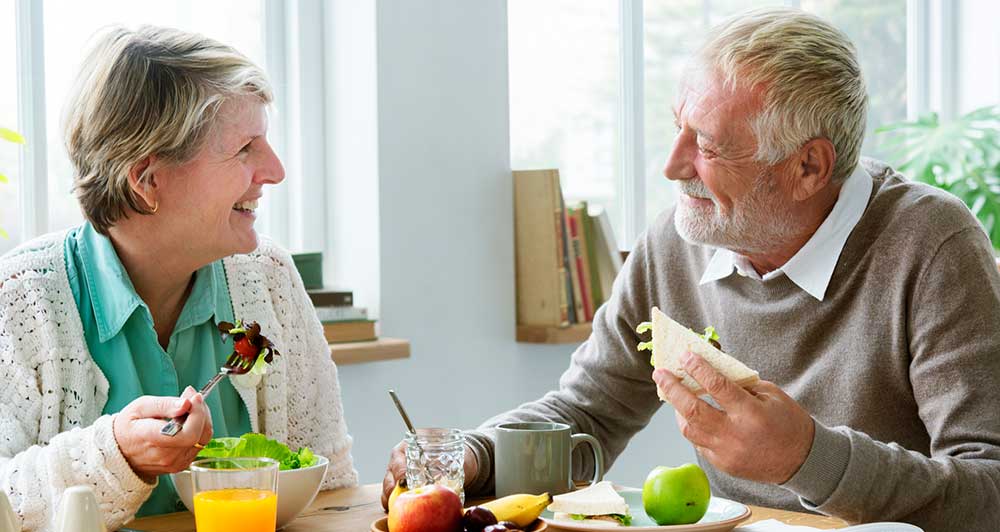Yvonne Has Never Been Healthier

“My mother had a long history of diabetes that led to heart failure, kidney dialysis, and eventually a stroke. She died before she was 70 – that’s too young,” said Yvonne Brown, 43. “Over time, I saw how diabetes completely destroyed her health. I had been pre-diabetic for ten years and I vowed I wouldn’t go down that same path.”
Yvonne has two young daughters. “I want to live for them – and I want a higher quality of life for myself,” she said. In 2019, Yvonne made a positive decision to enroll in Holy Cross Health’s Diabetes Prevention Program (DPP). DPP is a yearlong, lifestyle behavior modification program for non-diabetic or pre-diabetic overweight individuals at risk for developing type 2 diabetes.
People tend to be more eager to participate in DPP when the recommendation comes from their healthcare professional. “DPP is an excellent resource that reinforces the advice I give to my patients about lowering their risk for diabetes,“ said Erik Rivera, MD, senior lead physician, Holy Cross Health Centers. “The program is taught by experienced instructors who are truly engaged in motivating patients to change their behavior.”

"I was addicted to sugar and flour products and I had no concept of portion control. That all changed. Three months into the program I was no longer pre-diabetic, ” said Yvonne Brown.
DPP provides education about diabetes combined with lots of practical advice for better nutrition, the role of exercise, stress management, and problem-solving. “Our class even did a field trip to the grocery store to help us learn to read nutrition labels and identify healthy foods,” said Yvonne.
“Ninety-five percent of obesity is the result of eating too much,” said Dr. Rivera. “Some people are aware they’re overeating; others might not do it intentionally. Changing the perception of what people understand about healthy diet and exercise is the core of the program. That’s why programs like DPP work.”
“Even during the pandemic, the program kept me motivated,” said Yvonne. She learned about portion control and had one-on-one consultations with the nutritionist. Yvonne walked a mile in place at home by watching walking videos on the Internet. “We reported our weight every week. That weekly accountability kept me in check and helped me stick with my goals. By the time I completed the program, I had lost 100 pounds.”
Having a program that lasts a full year means extra time to encourage people to make meaningful changes. Some people might relapse, but there is time to get them motivated and back on track. “We know that people will lose weight if someone is watching,” said Dr. Rivera.
“I’m rewriting my future,” said Yvonne. “I was addicted to sugar and flour products and I had no concept of portion control. That all changed. Three months into the program I was no longer pre-diabetic.”
“We can treat diabetes with medication, but it may have side effects. Making changes to your diet and exercising regularly are better choices,” said Dr. Rivera. “Permanent lifestyle changes can prevent or delay disease progression for years.” “I used to be a plus-size model,” said Yvonne. “I was a happy plus-size person, but I wasn’t healthy. After taking the Diabetes Prevention Program, I’m healthier than I’ve ever been and it feels fantastic.”


